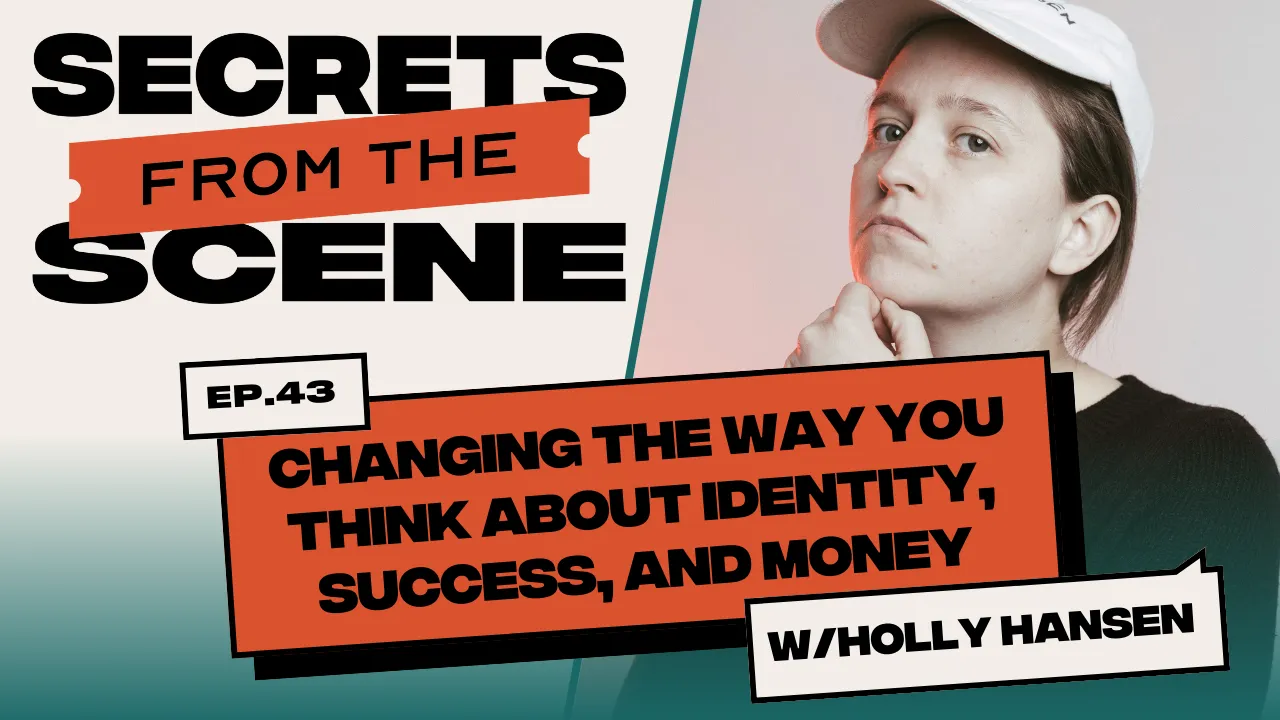Show Notes
What does success in the music business mean to you? Is it about fame and fortune, or is it about playing shows and releasing music? For many of us, it also involves our personal standards for when we get to call ourselves "musician," "songwriter," "producer," or any other title we aspire to.
In this episode, we explore the intersection of identity, success, and money. As independent musicians, we are all self-employed entrepreneurs, forging our own paths toward our goals. It's up to us to decide what success means and when we can call ourselves "professionals." Our standards are deeply intertwined with our views on money and its significance to our goals.
Joining us is Holly Hansen, a multi-talented engineer, producer, and musician. As the owner of Salon Sonics in Northeast Minneapolis, Holly has built an impressive portfolio over many years in the music business. Despite her accolades, even Holly still questions if she can truly call herself an engineer.
Why is it that defining identity and success can be so challenging, even when there are no wrong answers? Holly and I dive deep into these complex topics, sharing our insights and advice on claiming your identity, defining your success, and being honest about how money influences it all.
Tune in to gain a new perspective on your journey in the music industry and discover practical tips for navigating the nuanced relationship between identity, success, and money.
watch now on YouTube:
Interested in my Free Song Analysis?
Episode Links and Mentions
Connect with the Guest
Featured Song
Connect with Me
Give Feedback
📬 Send me a message: stephen@secretsfromthescene.com
💬 Suggest a guest or topic: podcast@secretsfromthescene.com
🎙️ Brought to you by:
--------------------------------
Thank You
This podcast is made possible by the hard work, expertise, and commitment of my team:
Max Greene and Joey Biehn. I'm forever grateful.
--------------------------------
Theme Music: "Thankful" Courtesy of LUEDVIG

